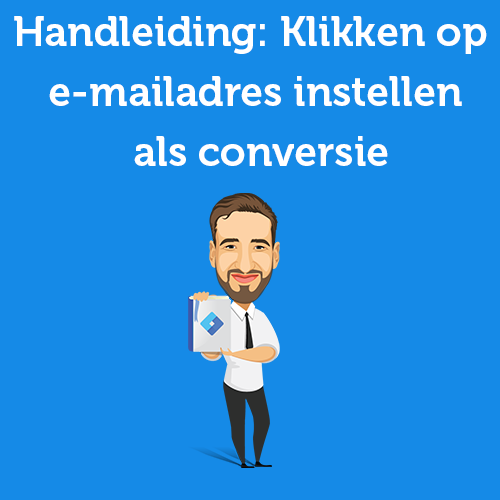Menu
Short disclaimer: this is not an article explaining exactly how to use the Measurement Protocol. Much has already been written about that and can be found in the documentation from Google.
In this article, we'll explain the basics to you. What is useful to know as a marketer or entrepreneur:
Table of contents
What is GA4 Measurement Protocol?
The GA4(Google Analytics 4) Measurement Protocol is literally a set of rules and guidelines that describe how to collect and send data to GA4. This is data that complements the data that is automatically sent from your website or app to GA4. The Measurement Protocol aims to help you get a complete picture of what is happening in your business.
Why was it created?
The GA4 Measurement Protocol was developed to give companies more flexibility in collecting customer data. It allows them to collect data from different sources, such as physical stores. This makes it possible to capture data such as purchase amount, which is normally collected via standard GA4 tracking on Web sites, for physical stores in GA4 as well.
By collecting more diverse customer data, companies get a more complete and accurate picture of customer behavior. This allows for more targeted marketing, which ultimately leads to better sales results.
Why are you hearing more and more about the Measurement Protocol?
Companies have been collecting data for some time, but more and more companies are now engaging in this. This is because with more customer data, you can do better SEO. Good SEO then leads to better user experiences and personalized marketing campaigns.
There are also more and more ways to collect customer data, such as the Measurement Protocol. So it is very easy, you simply hear more and more about it because it is being used more and more!

How does the Measurement Protocol work?
The Measurement Protocol works like a "letter" of information that you send to GA4. Suppose you have both an online and a physical store and you want to see in GA4 what people buy on your website, but also what they buy in your physical store. With the Measurement Protocol you send data from e.g. your POS system to GA4. This gives you a complete picture of how customers, both online and offline, interact with your business. All in one place.
Every time something happens (offline), which you want to keep track of. You send a "letter" of information to GA4. GA4 receives this information and adds it to your existing data.
How do you implement the Measurement Protocol (for dummies)?
First of all, I want to tell you that this is a job for your developer. But, to give you a bit of an idea anyway, I'll take you through it briefly.
To implement the Measurement Protocol, start by creating an HTTP POST request that contains the data you want to send to GA4. This request should contain specific parameters, such as your GA4 Tracking ID, the client ID (which identifies the user), and details about the event you want to track (for example, a purchase or use of a discount code). You then send this request to GA4. The GA4 server then processes this data and adds it to your reports.
How exactly to apply the Measurement protocol Google has explained for you or your developer :), in a special guide.

For whom is it all of interest?
Do you have a physical and online store and want to analyze everything in 1 place?" then the Measurement Protocol is your "way to go." It is also valuable for companies with custom applications or systems, such as CRM platforms and POS systems. They can use the Measurement Protocol to reflect that data in their Google Analytics 4 reports as well.

A Tip Before Getting Started
I recommend that you talk to a developer before you get started. The developer can give his assessment of your specific situation and possibly implement the Measurement Protocol for you.
What types of data can I collect with the GA4 Measurement Protocol?
The Measurement Protocol allows you to collect different types of data. Think purchase amounts from physical stores, customer IDs, discount codes, and specific offline events that you want to track and analyze in Google Analytics 4.
Can I send data every day with the Measurement Protocol?
Yes you can. We do recommend that you send data on a consistent basis. This ensures that the data remains accurate and usable.
How can the GA4 Measurement Protocol provide more effective marketing strategies?
The Google Analytics 4 Measurement Protocol helps companies gain a better understanding of customer behavior by integrating data from various sources, such as physical stores and CRM systems, into GA4. This provides a more complete picture of the customer journey, both online and offline. It makes patterns and behaviors clearer. This allows companies to make their marketing more targeted and effective.











Written by: Igor van den Ende
Igor is an online marketer at OMA. With a black belt in karate as well as digital marketing, he wipes the floor with your online competition.